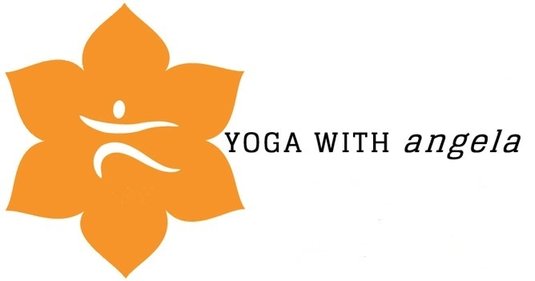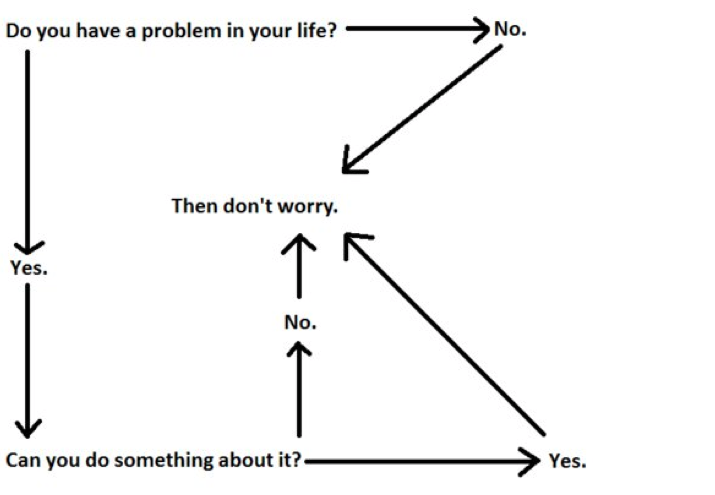A few final thoughts for this year…
I would like to take the opportunity to thank you for your continued support and energy over the past year!
With thoughts moving to 2017 and hopes and wishes and resolutions, the one word that I repeatedly return to is Ahimsa, which is at the very heart of yoga. It is often defined as meaning “non-harming” or “non-violence” and means never engaging in any form of aggression or violence towards others, towards ourselves or towards Mother Earth.
My specific wish is that we find ways of being kind to ourselves. Very often we are our own worst critics and we create our own excuses for not moving forwards.
Practicing Ahimsa means accepting and embracing ourselves just as we are, in the present moment while resolving to move forward with faith, courage, confidence and conviction.
With best wishes, love and light,
Angela
I would like to take the opportunity to thank you for your continued support and energy over the past year!
With thoughts moving to 2017 and hopes and wishes and resolutions, the one word that I repeatedly return to is Ahimsa, which is at the very heart of yoga. It is often defined as meaning “non-harming” or “non-violence” and means never engaging in any form of aggression or violence towards others, towards ourselves or towards Mother Earth.
My specific wish is that we find ways of being kind to ourselves. Very often we are our own worst critics and we create our own excuses for not moving forwards.
Practicing Ahimsa means accepting and embracing ourselves just as we are, in the present moment while resolving to move forward with faith, courage, confidence and conviction.
With best wishes, love and light,
Angela





 RSS Feed
RSS Feed
